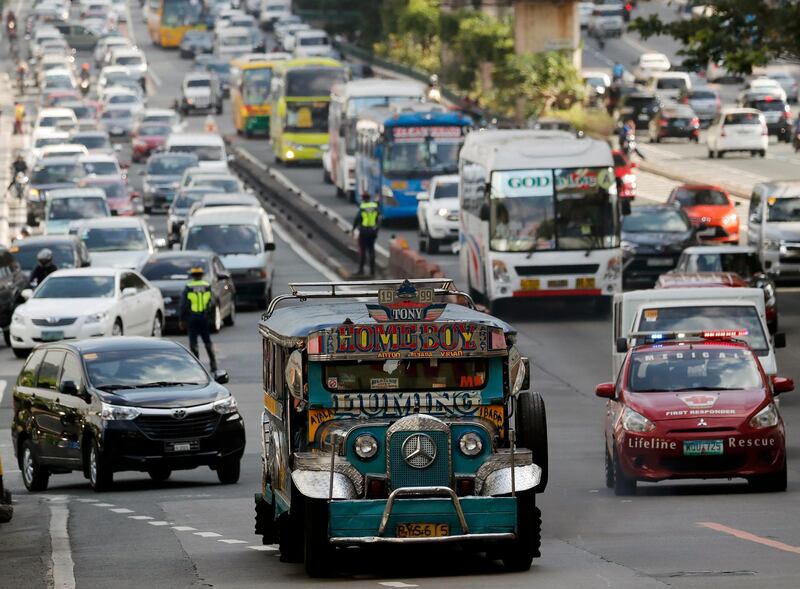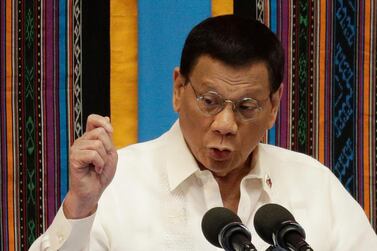Businesses located in some of Manila’s offices, hotels and casinos could lose their investment incentives over the next five years as the Philippines looks to overhaul its corporate taxation.
Under a new bill, the government wants to phase out its current set of tax perks, among South East Asia’s most generous, and businesses will have to reapply for incentives that will be granted to priority industries outside the capital, Finance Undersecretary Karl Kendrick Chua said.
The Philippines has more than 500 special economic zones - far too many and most of them unnecessary, according to Mr Chua, who is taking the lead in pushing the bill in Congress. The bulk of the economic zones are in Manila, whose economy is already three times the size of the country’s regional average.
“In other countries, economic zones are enclosed areas where qualified firms are grouped together. Here, even buildings, hospitals, hotels, casinos and integrated resorts can be economic zones, and none of them are in poor areas,” he said.
Investments are better lured outside the capital to bring development to provinces, Mr Chua said. The government is proposing an additional two years of incentives for companies that relocate outside Manila, agribusinesses in rural areas and firms that set up in post-conflict and post-disaster zones.
Taxation is the latest tool President Rodrigo Duterte is wielding to de-congest Manila and spread its wealth to other parts of the country. It follows a June order that suspends the creation of new economic zones in the capital. Mr Duterte has also campaigned for a shift to a US-style federal form of government, though questions have been raised over its cost.
With Mr Duterte’s backing, Mr Chua expects the tax reform to be passed into law before the year-end. It aims to scale back on tax perks, estimated to cost the Philippines 441 billion pesos ($8.4 billion) in foregone revenue a year, in exchange for lower corporate income levies.
According to Leechiu Property Consultants chief executive David Leechiu, though, incentives may not be enough to dissuade companies from operating in Manila, which has much of the skilled workforce. Firms are open to expanding to other urbanised areas like Pampanga and Cebu provinces, but they will need time to develop the local labor pool.
“You can’t push a company to move elsewhere through tax perks in the hopes that the labor will follow,” he said.
Businesses in Philippine economic zones currently pay a 5 per centy tax on gross income earned, in lieu of all other taxes, in perpetuity. Other South East Asian countries cap the duration of their incentives, and they are only extended for very few industries, Mr Chua said.
The reform proposes to gradually lower the corporate income tax rate to 20 per cent from 30 per cent over the next 10 years, in line with the five-year phase-out of incentives.
The proposed list of priority industries includes agribusiness, auto and aerospace parts, business process outsourcing, chemicals, electronics, furniture and garments, shipbuilding, and transport and logistics, among others.







